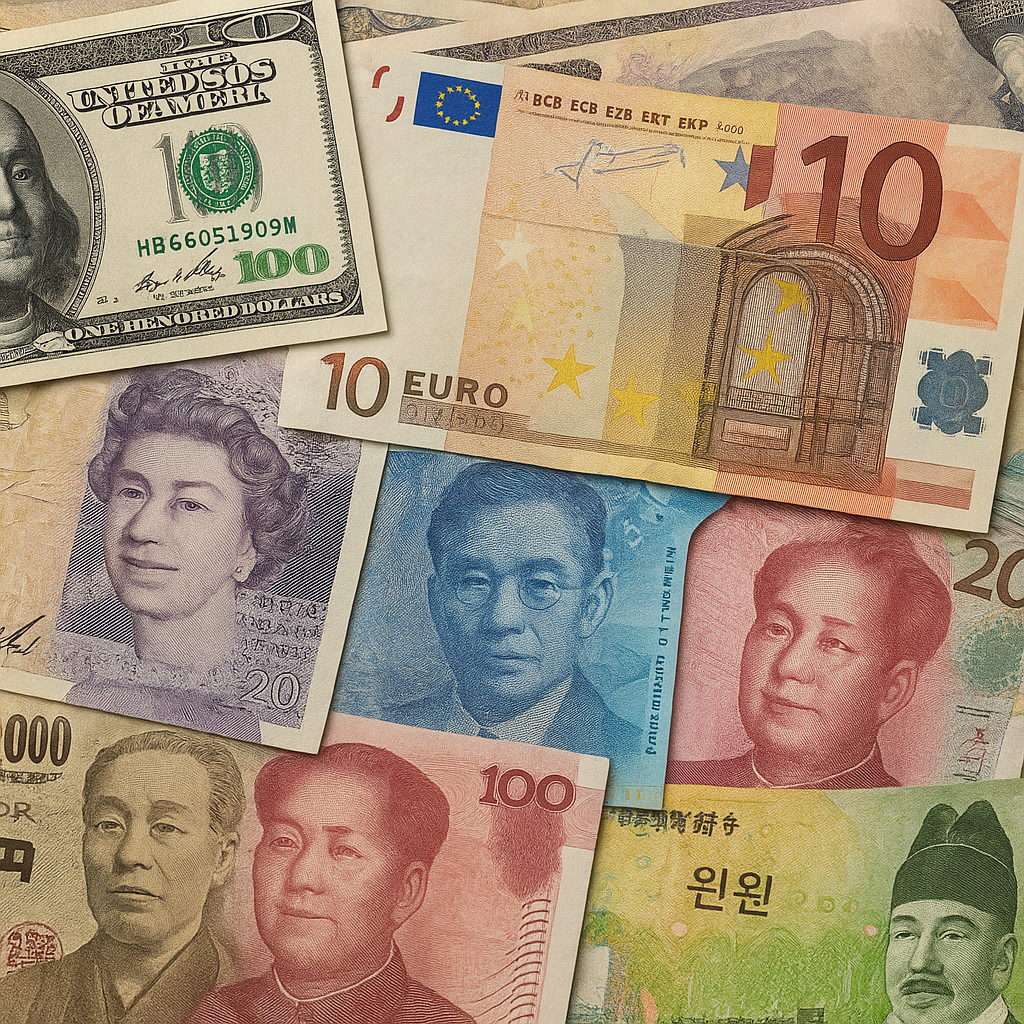Geopolitical events have a profound impact on currency pair trends, influencing the global foreign exchange market in ways that can be both predictable and unexpected. Understanding the relationship between geopolitical events and currency movements is crucial for investors looking to navigate the complexities of currency investing. This article delves into the various ways geopolitical events shape currency pair trends and offers insights into how investors can leverage this knowledge to make informed decisions.
Understanding Geopolitical Events and Their Impact on Currency Markets
Geopolitical events encompass a wide range of occurrences, including political elections, international conflicts, trade negotiations, and economic sanctions. These events can create significant volatility in the currency markets as they often lead to changes in investor sentiment, economic policies, and market expectations. To understand how these events impact currency pair trends, it is essential to examine the mechanisms through which they influence the foreign exchange market.
Political Elections and Policy Changes
Political elections are one of the most influential geopolitical events affecting currency markets. The outcome of an election can lead to significant shifts in a country’s economic policies, which in turn can impact its currency value. For instance, if a newly elected government is perceived to be business-friendly and likely to implement policies that promote economic growth, the country’s currency may appreciate. Conversely, if the election results in a government that is expected to implement protectionist or economically restrictive policies, the currency may depreciate.
Investors closely monitor election campaigns and opinion polls to gauge the potential impact on currency markets. The anticipation of policy changes can lead to increased volatility as traders adjust their positions based on expected outcomes. For example, the 2016 U.S. presidential election saw significant fluctuations in the value of the U.S. dollar as markets reacted to the possibility of different economic policies under the candidates.
International Conflicts and Trade Negotiations
International conflicts and trade negotiations are other critical geopolitical events that can shape currency pair trends. Conflicts between countries can lead to economic instability, affecting investor confidence and causing currency values to fluctuate. For instance, military tensions in a region can lead to a flight to safety, where investors move their assets to perceived safe-haven currencies such as the U.S. dollar, Swiss franc, or Japanese yen.
Trade negotiations, on the other hand, can have both positive and negative impacts on currency markets. Successful trade agreements can boost investor confidence and lead to currency appreciation, while failed negotiations or the imposition of tariffs can result in currency depreciation. The ongoing trade tensions between the United States and China, for example, have led to significant volatility in the currency markets as investors react to the latest developments in the trade talks.
Strategies for Currency Investors in the Face of Geopolitical Events
Given the significant impact of geopolitical events on currency pair trends, investors need to develop strategies to navigate this complex landscape. By understanding the potential outcomes of geopolitical events and their implications for currency markets, investors can make more informed decisions and manage their risks effectively.
Monitoring News and Economic Indicators
One of the most effective strategies for currency investors is to stay informed about geopolitical events and their potential impact on the markets. This involves monitoring news sources, economic indicators, and market analysis to identify trends and anticipate market movements. By staying up-to-date with the latest developments, investors can adjust their positions accordingly and take advantage of opportunities as they arise.
For example, if an investor anticipates that a particular geopolitical event, such as an election or trade negotiation, will lead to currency appreciation, they may choose to go long on that currency. Conversely, if they expect a negative outcome, they may opt to short the currency or seek refuge in safe-haven assets.
Diversification and Risk Management
Diversification is another crucial strategy for managing the risks associated with geopolitical events. By spreading investments across multiple currencies and asset classes, investors can reduce their exposure to any single event or market. This approach helps to mitigate the impact of adverse geopolitical developments on an investor’s portfolio.
In addition to diversification, investors should also employ risk management techniques such as setting stop-loss orders and using hedging strategies. Stop-loss orders can help limit potential losses by automatically closing a position when the currency reaches a predetermined price level. Hedging strategies, such as using options or futures contracts, can provide additional protection against adverse market movements.
Case Studies: Geopolitical Events and Currency Movements
To illustrate the impact of geopolitical events on currency pair trends, it is helpful to examine specific case studies. These examples highlight how different types of geopolitical events have influenced currency markets and provide valuable insights for investors.
Brexit and the British Pound
One of the most significant geopolitical events in recent years has been the United Kingdom’s decision to leave the European Union, commonly known as Brexit. The announcement of the Brexit referendum in 2016 and the subsequent negotiations have had a profound impact on the value of the British pound (GBP).
In the lead-up to the referendum, uncertainty about the outcome led to increased volatility in the GBP/USD currency pair. When the results were announced, and it became clear that the UK would leave the EU, the pound experienced a sharp decline. Over the following years, the ongoing negotiations and political developments related to Brexit continued to influence the pound’s value, with significant fluctuations occurring in response to key events such as parliamentary votes and trade deal announcements.
The U.S.-China Trade War
The trade war between the United States and China is another example of how geopolitical events can shape currency pair trends. The imposition of tariffs and the escalation of trade tensions between the two largest economies in the world led to significant volatility in the currency markets.
Throughout the trade war, the Chinese yuan (CNY) and the U.S. dollar (USD) experienced notable fluctuations. The yuan often depreciated in response to new tariffs and trade restrictions, while the dollar strengthened as investors sought safe-haven assets. The uncertainty surrounding the trade negotiations also led to increased volatility in other currency pairs, as global markets reacted to the potential impact on international trade and economic growth.
Conclusion
Geopolitical events play a crucial role in shaping currency pair trends, influencing the foreign exchange market in ways that can be both predictable and unexpected. By understanding the relationship between geopolitical events and currency movements, investors can develop strategies to navigate this complex landscape and make informed decisions. Monitoring news and economic indicators, diversifying investments, and employing risk management techniques are essential for managing the risks associated with geopolitical events. Through careful analysis and strategic planning, investors can leverage the impact of geopolitical events to achieve their investment goals in the currency markets.




